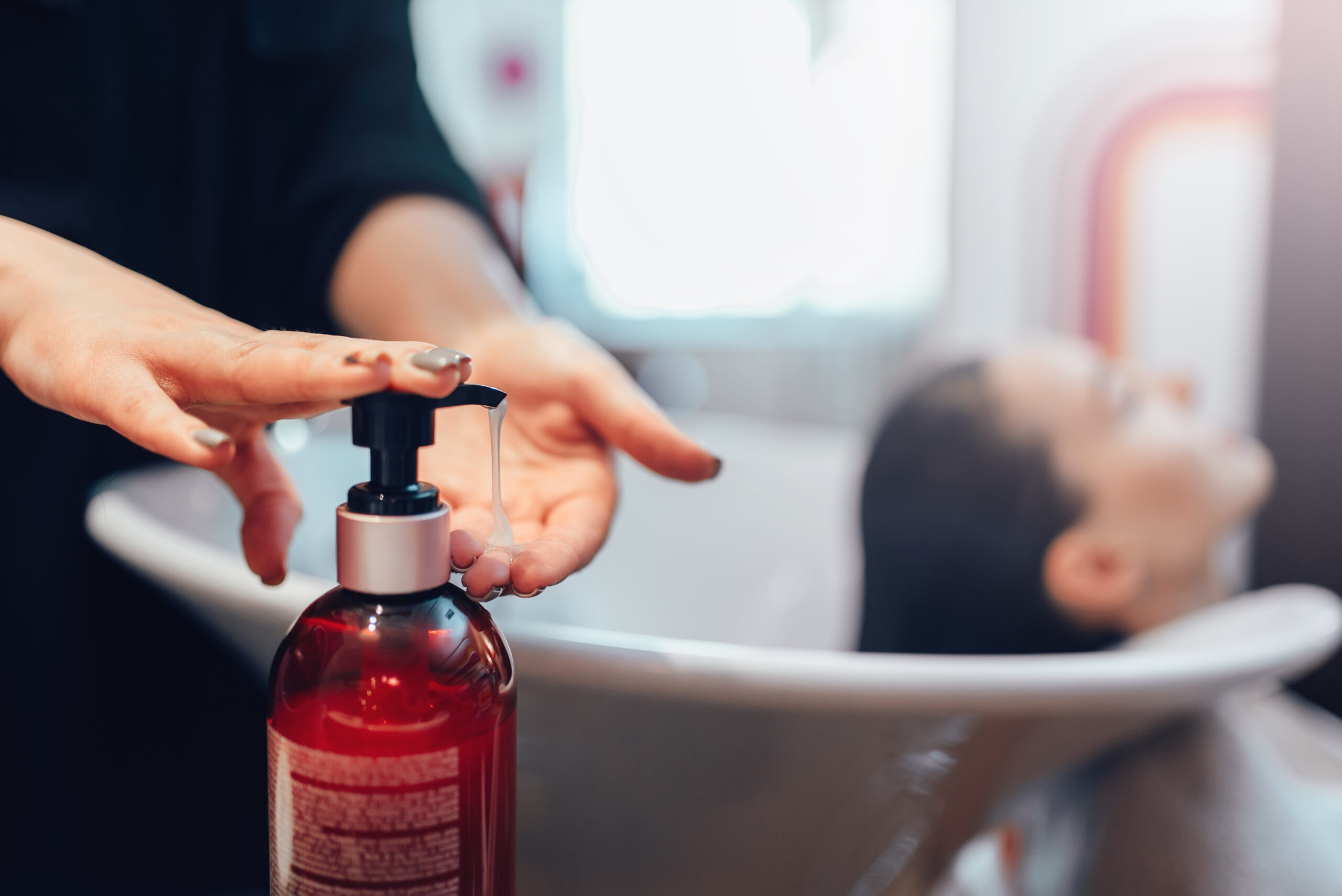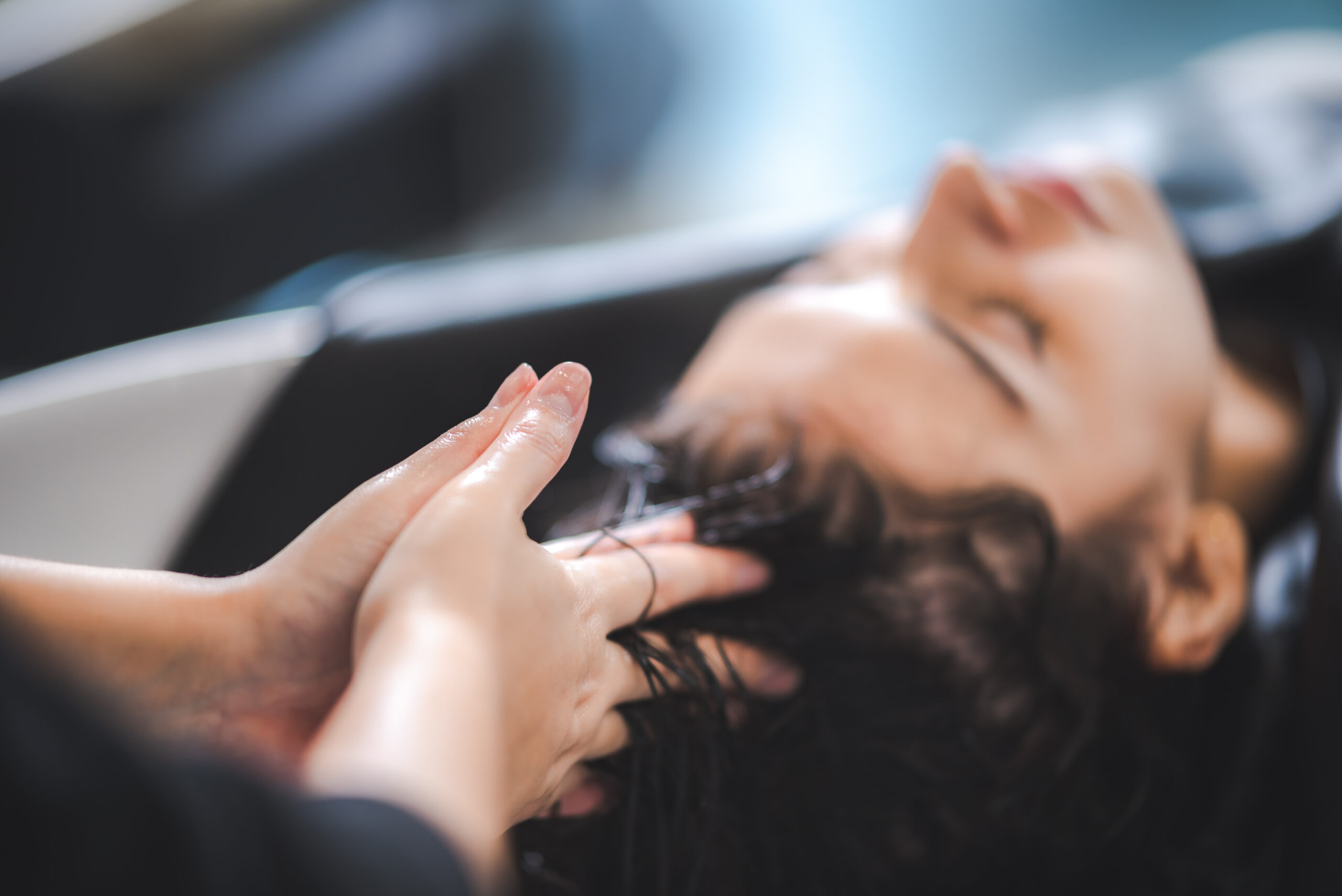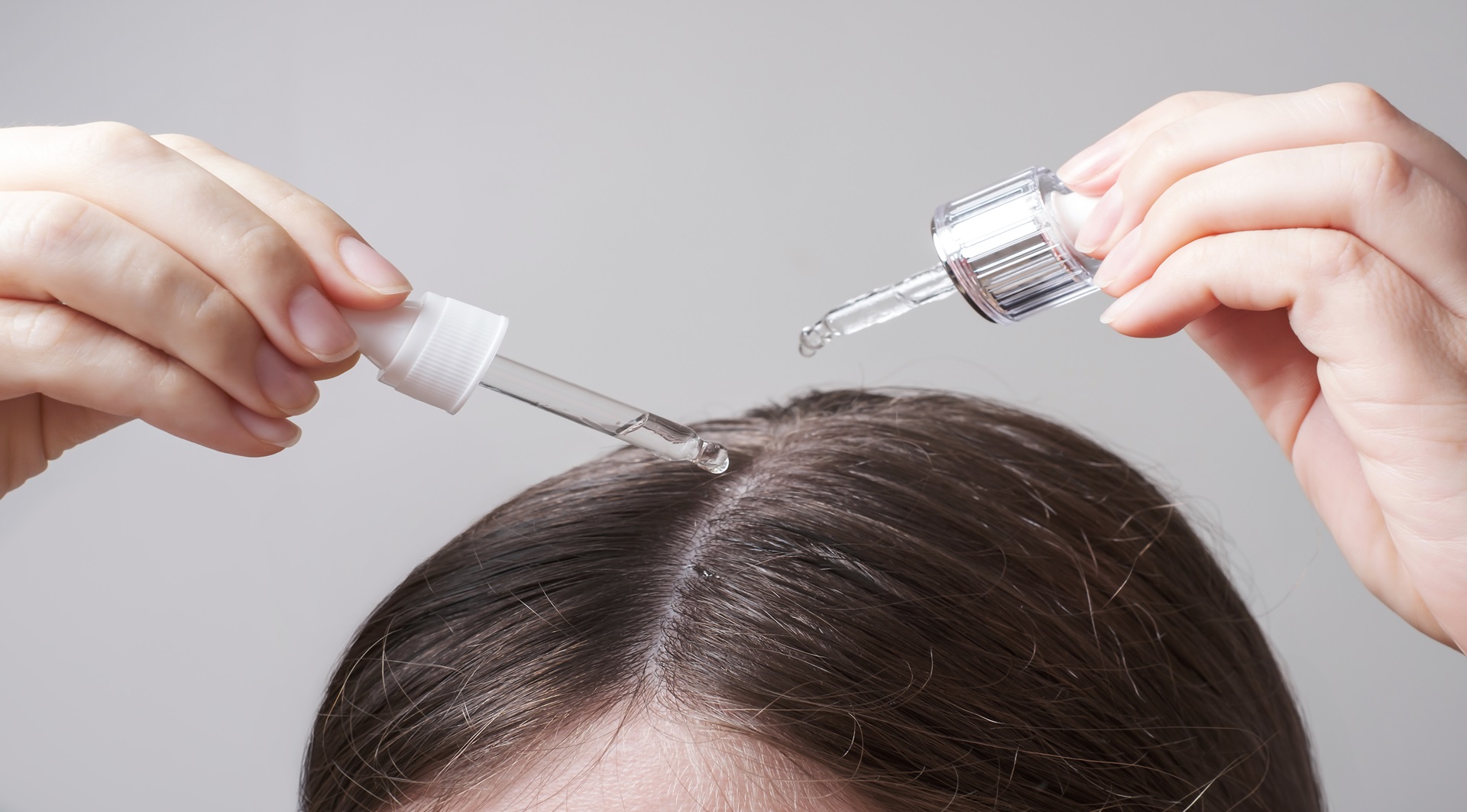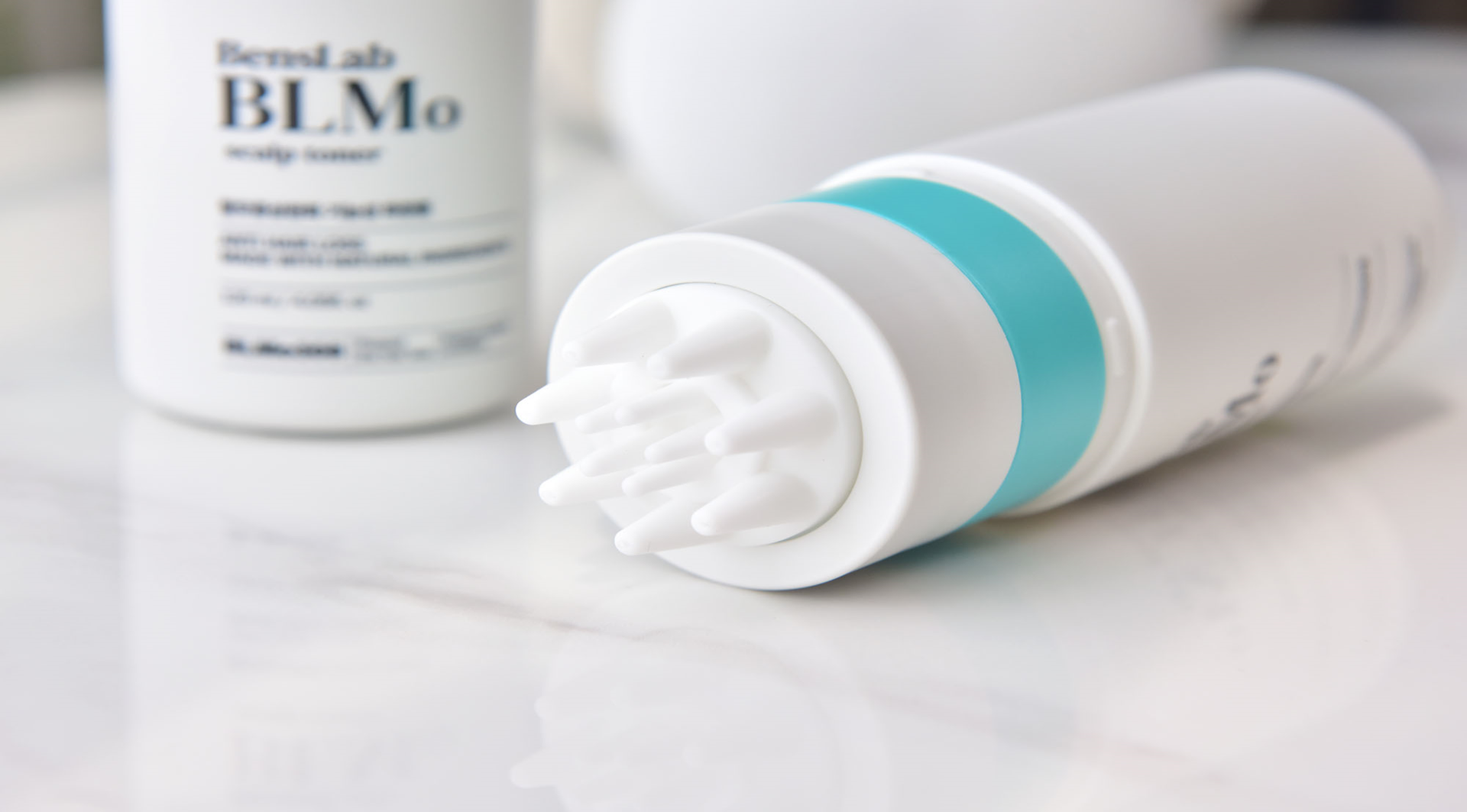Tips for Preventing Hair Loss in Autumn
As autumn approaches, many people are troubled by hair loss that seems more severe than usual. Why does hair loss seem to be more severe in the fall? Let's learn about prevention and management methods for hair loss during the fall season.
As the vibrant hues of summer give way to the crisp air and golden leaves of autumn, many individuals experience an increased rate of hair loss. This seasonal phenomenon, often referred to as "autumn hair loss," is attributed to a combination of factors, including the lingering effects of summer's harsh conditions and hormonal fluctuations triggered by the changing seasons. While hair loss may seem inevitable during this time, there are some effective strategies you can take to minimize its impact and maintain healthy hair growth.

1. Proper Shampooing
Use lukewarm water (around 37℃) to wash your hair and choose a shampoo suitable for your hair type. Water that is too hot can irritate the scalp and hair, while cold water might not effectively remove impurities, potentially worsening hair loss. While shampooing, gently massage the scalp with fingertips while lathering, ensuring thorough distribution of the shampoo. Rinse thoroughly to remove any shampoo residue.

2. Scalp Care
Scalp massages promote blood circulation and nutrient delivery. Gently press your scalp with your fingertips or use a comb for massaging. It's good to massage for about 5 minutes once a day. Additionally, scalp issues like seborrheic dermatitis or itching can escalate to folliculitis, which can destroy hair follicles. Seek professional treatment immediately if such problems arise.

3. Sufficient Nutrient Intake
Protein: Include protein sources like fish, meat, eggs, and legumes in your diet. Protein is essential for hair growth and repair. Vitamins: Consume vitamins A, C, and E, which aid in hair loss prevention. Vitamin A is abundant in chicken, liver, sweet potatoes, and carrots; vitamin C is found in citrus fruits, kiwifruit, and oranges; and vitamin E is rich in almonds, walnuts, and broccoli. Minerals: Zinc, iron, and copper are essential minerals for hair loss prevention. Zinc is present in oysters, shellfish, and nuts; iron is found in beef, spinach, and tofu; and copper is rich in liver, oysters, and nuts.

4. Regular Lifestyle Habits:
Sufficient Sleep: Aim for 7-8 hours of quality sleep each night, as restful sleep is crucial for hair loss prevention. Stress Management: Stress can trigger hair loss. Engage in stress-reducing activities like meditation, yoga, or exercise. Smoking Cessation: Smoking hinders blood circulation and worsens hair loss. Quitting smoking is essential for hair health. Limited Alcohol Consumption: Excessive alcohol intake can contribute to hair loss. Reduce or eliminate alcohol consumption. Avoid Overeating: Overeating can impede blood circulation and nutrient delivery to the scalp, exacerbating hair loss. Maintain a healthy diet and avoid overindulging.
Remember, autumn hair loss is a temporary phenomenon that can be effectively managed with proper hair care, a nutritious diet, and healthy lifestyle habits. By incorporating these preventive measures into your routine, you can effectively combat autumnal hair loss and maintain strong, healthy hair throughout the season.











